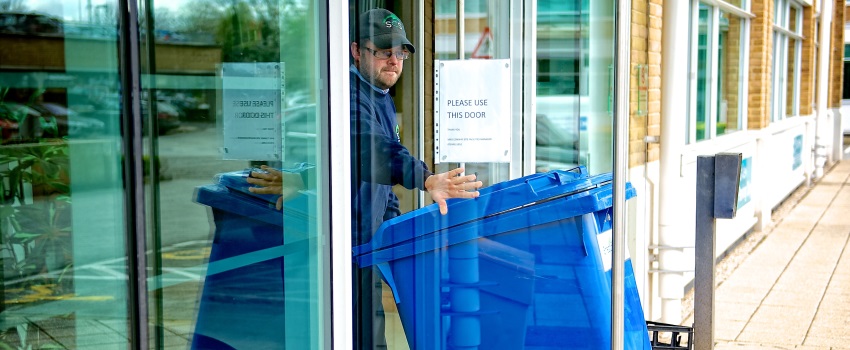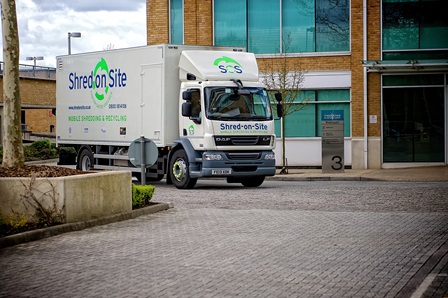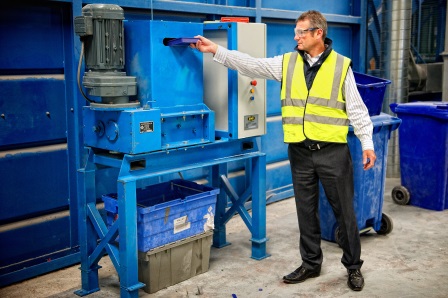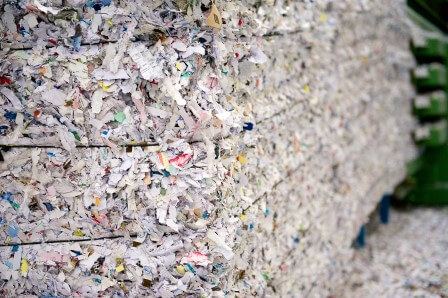Legal Sector: Top 5 Obsolete Documents You Should Think of Shredding For Security
Perhaps more than anyone, lawyers understand what the consequences of a breach of data security can be. However, even in the most security-focused law firms there can still be challenges in terms of dealing with the destruction of documents that are no longer in use. For legal sector businesses today these are the top 5 obsolete documents that should always be shredded to ensure security.
- Case files. These files are packed full of information that could be tricky if it fell into the wrong hands. Everything, from client contact information to details of evidence could be compromising, as well as information on settlements, progress reports and case plans. It’s vital for law firms to introduce a reliable system for case files where they are set aside when no longer required and scheduled to be destroyed via a reliable process like shredding.
- Tax documents. Any kind of tax document is a prime target for anyone who is keen to commit fraud, whether those are tax documents that relate to the law firm itself or which are connected to a case. There is so much sensitive information in tax documents that extra special care needs to be taken when it comes to disposing of them. If you work with a shredding partner such as Shred on Site, you’ll get lockable consoles that can be used to keep documents secure in the run up to the shredding process.
- Financial documents. This is another area of vulnerability when it comes to data, which is why it’s so important for any firm to ensure that financial documents are being properly disposed of. Bills and invoices from clients, for example, may no longer be necessary but still contain a lot of sensitive and personal data that could be used to commit fraud - or worse. When you no longer need these documents it makes sense to dispose of them in a way that means they won’t be of use to anyone who wants to use them to cause problems. Shredding is by far the most secure way to do this.
- Cancelled or voided cheques. Because cheques contain information that relates to banking they, too, can be a target when it comes to fraud and identity theft. Which is why it’s so important to ensure they are shredded for security, even though they might now be obsolete.
- Out of date legal references. Again, these might be obsolete but they are not the kinds of documents that should ever fall into the hands of anyone who isn’t meant to see them. That’s why they are a prime priority for law firms looking to use shredding to help improve security standards when it comes to data protection.
Data breaches that result from documents like this ending up in front of the wrong eyes can be costly, time consuming and may damage the reputation of your firm. It’s just not worth the risk of poor disposal routines, and makes much more sense to have robust shredding practices in place.







